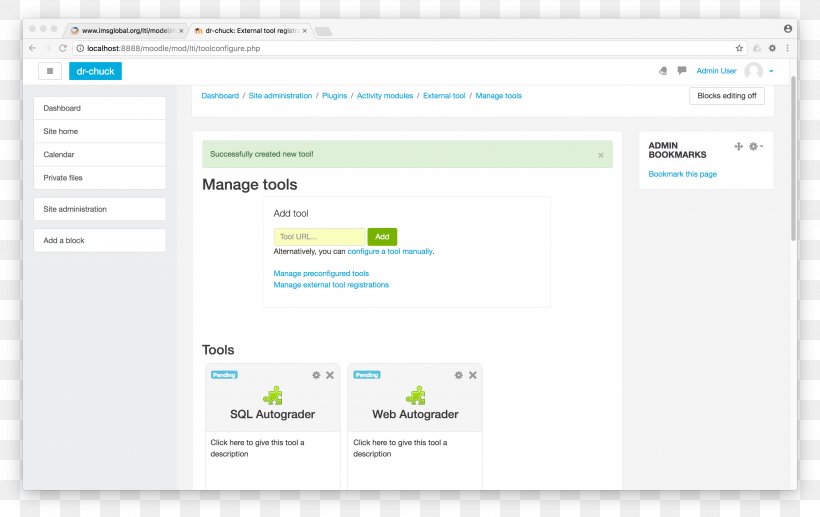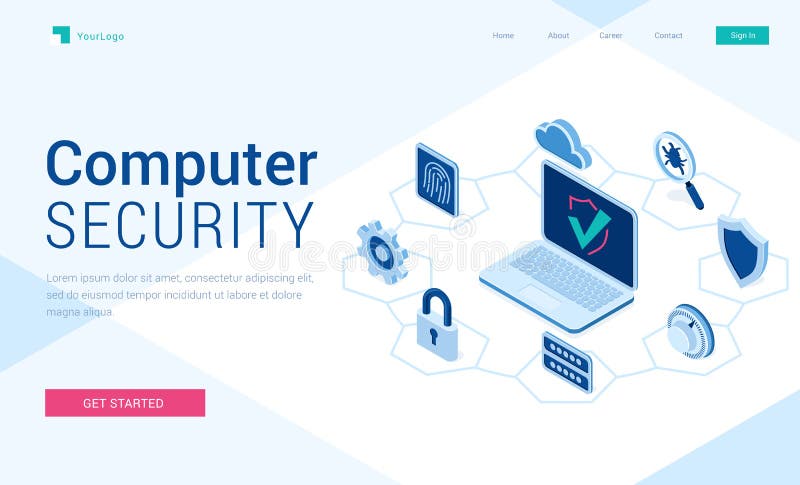A case has been created for our team to review. You'll hear from us typically within 1-2 weeks. We cannot improve our service and solutions without active feedback from people like you! /4343 email protected (.)com. Opp Petbasheerabad Police Station Medchal Highway, Jeedimetla Hyderabad- 500055. Larry Page, American computer scientist and entrepreneur who, with Sergey Brin, created the online search engine Google, one of the most popular sites on the Internet. Page held various posts with Google and served as CEO (2015–19) of its holding company, Alphabet. Learn more about his life and career.
Providing effective feedback is an intricate process that requires skill, practice and graceful execution. If executed properly, effective feedback can have a major impact on the efficiency of the workplace, employee engagement and the bottom line. It is therefore imperative that managers develop a comprehensive understanding of what constitutes effective feedback in order for feedback to have the most impact on employees.

In order to be effective, feedback must be:
1. Specific
Feedback must be concrete and relate to a specific, measurable performance goal. It should also include clear expectations for the employee and their performance. The employee’s progress and performance should be readily available in a clear, easy to understand format.
2. Timely
Employees must receive the feedback as close to the event as possible. Employees who interact with customers over the phone should be monitored and provided immediate feedback once the call has finished. Additionally, real-time metrics that are readily available to the employee in a dashboard can be very effective as they provide immediate, concrete feedback about performance.
3. Appropriate
Feedback should be presented in a positive, tactful and non-threatening manner. The employee providing feedback should remain calm and professional throughout the process. Additionally, feedback should be provided in the most appropriate location. For instance, any negative feedback should be given in private.
4. Focus on behavior, not personality
Feedback Page Computer & Network Security Support
Always provide feedback that is based on behavior, not the employees personality or characteristics unless absolutely necessary. Employees are more open to receiving feedback about the impact of their behavior on performance than they are about their personal characteristics. They are also more able to change their behavior than they are their personality.
5. Proactive
Don’t delay or avoid providing feedback. Identify issues and provide feedback before they become problems or have a large impact on the company.
6. Given using descriptive language
Describing how the employee’s behavior impacts performance will help facilitate understanding. In addition, it will focus the discussion on behavior rather than personal characteristics.
7. Not given using judgmental language

Avoiding judgmental language will decrease the possibility that the employee will be defensive. It will also increase the likelihood that the feedback is objective and based on facts or observable behavior.
8. Based on accurate and credible information
The feedback should be based on accurate information. Provide data to the employee and support statements with specific examples of observed behavior. Never use rumors as examples.
9. Recurring
Feedback should be recurring. Schedule performance reviews each month and ensure that managers deliver informal feedback daily.
Feedback Page Computer & Network Security Cameras

10. Embedded in the Culture
Foster an environment of continuous feedback and professional development. In order to accomplish this, feedback must be an integral part of the job experience, encouraged among employees and supported within the company.
11. Focused
Feedback should be channeled toward key result areas. Managers should choose specific areas that are most important to the company and provide feedback that only relates to performance in those areas. Feedback should also be linked to corporate or departmental goals.
12. Guiding
The information given to the employee should be used to either confirm or correct their performance. A simple, “good job” is not sufficient. It must be specific and guide the employee in the most desired direction.
13. Tied to an action plan
When providing feedback, managers should also give specific direction to the employee. The employee should know exactly how to increase their performance and what steps they need to take to get there.
14. An appropriate amount
Too much feedback will overwhelm and confuse the employee. They will be less likely to remember the feedback or engage in corrective action. Too little feedback is not sufficient to elicit a change.
15. From multiple sources
Feedback from multiple sources is more valid than single-source feedback. In order to internalize the feedback and elicit change, employees should receive feedback from multiple sources such as customers, co-workers (peers and subordinates), managers, upper management and objective measures.
16. In many forms
Graphs and charts that track individual and group performance are imperative to the feedback process in the workplace. Feedback should also be qualitative, such as excerpts from customer surveys, and direct such as real-time management feedback.
Work.com performance summary
17. From data
Quantitative measures of performance such as units sold, days absent, money saved, projects completed and customers satisfied are imperative to the feedback process. This data should be presented in a meaningful way and should be used as concrete examples.
18. Tailored to the recipient
The individual’s characteristics, level of performance and cognitive processing style should influence the type of feedback they receive. Average and below-average performers should receive extrinsic rewards for their performance. High performers respond better to feedback that enhances their feelings of competence and personal control.
19. Easy to understand
Beating around the bush, complicated or sugar-coated feedback may result in confusion and misdirection. Feedback should be easy to understand and the employee should repeat back the information discussed.
20. Specific to the employee’s performance

Managers should not include factors that are beyond the control of the employee in the feedback process. Before giving the feedback, they should evaluate whether or not the feedback directly relates to the employees performance.

21. Collaborative
Allowing the employee to contribute to the feedback process and offer solutions will help them accept the feedback more readily. Employees should discuss their personal problems, express their personal feelings, recognize their own performance shortcomings and discuss their job performance objectively during the feedback process.
The most effective feedback will contain many (or all) of the aforementioned components. Managers seeking to increase performance with effective feedback should incorporate them into their feedback processes.
